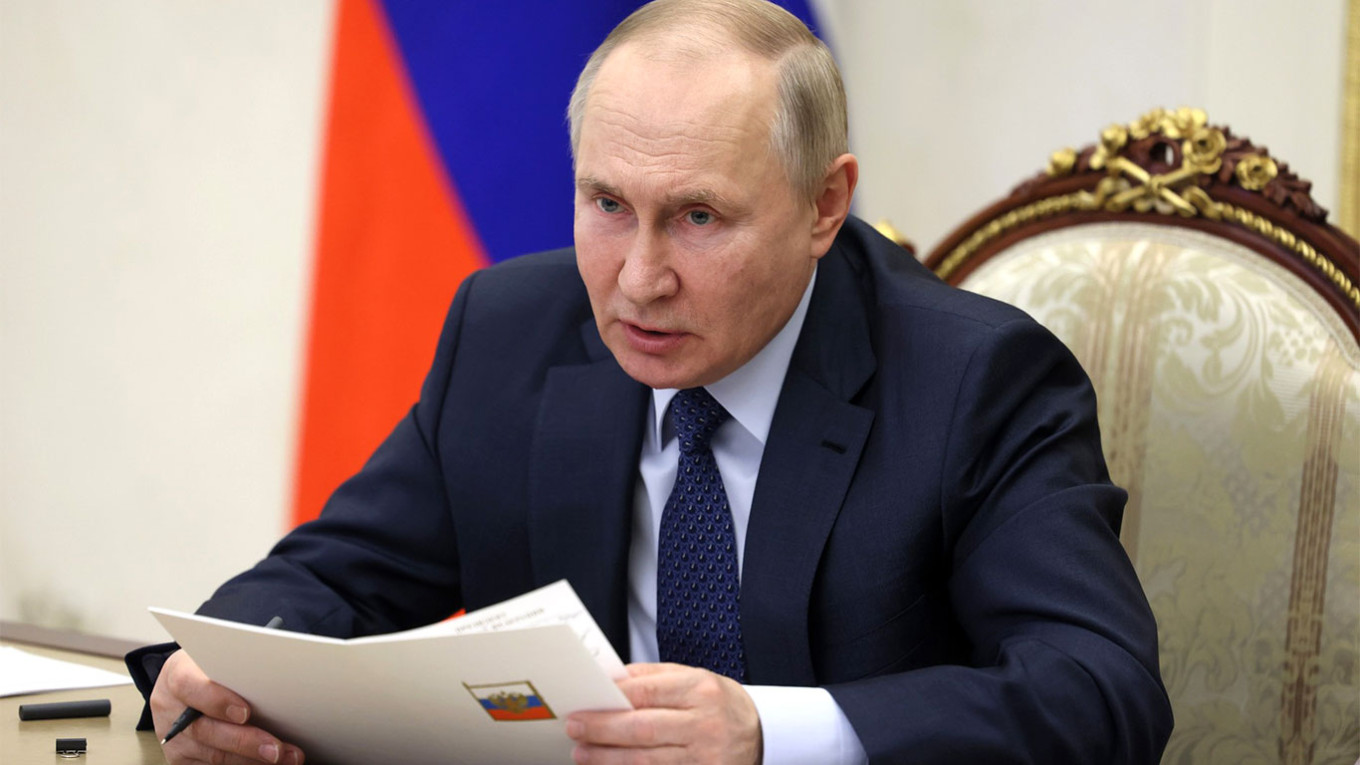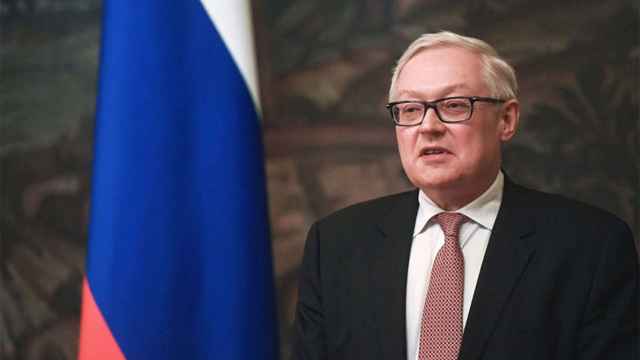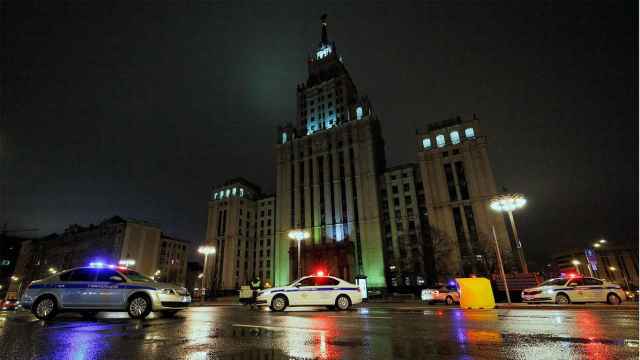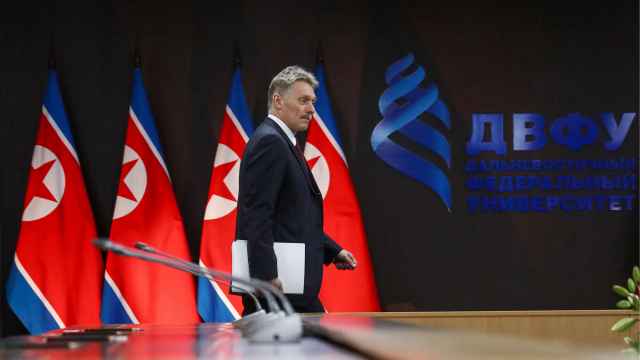Russian President Vladimir Putin said on Wednesday that the threat of nuclear conflict in Ukraine was still on the rise, but stressed that Moscow had no intention of launching a pre-emptive strike amid concerns that nuclear arms could be used in Ukraine.
“Such a threat is growing, needless to say,” the Russian leader said during a televised meeting of the Kremlin's Human Rights Council, adding that Moscow would not be the first to use nuclear weapons “under any circumstances.”
“We are not crazy, we know what nuclear weapons are … We are not going to brandish them like a razor, running around the world, but, of course, we’re aware of the fact that we have them,” he said.
Russia saw nuclear weapons as a “means of protection,” Putin added.
Conceding that the Russian invasion of Ukraine might have become a "lengthy process," Putin nevertheless praised Moscow's territorial gains, calling the regions the Kremlin claims to have annexed from Ukraine a "significant result" of the military campaign.
Putin also said that half the Russians who were called up for military service in September had now been deployed to Ukraine and that “there is no reason to talk about further mobilization.”
"Out of 300,000 of our mobilized fighters, our men, defenders of the fatherland, 150,000 are in the area of operations," he said, adding that some 77,000 of those were in combat units.
The Russian authorities ordered the mobilization of 300,000 Russian reservists in September to bolster its troop numbers in Ukraine.
Ahead of the meeting, the Kremlin reportedly urged members of the Human Rights Council “not to upset” Putin with thorny questions about the war in Ukraine, independent news outlet Verstka said.
Members of the body were also reportedly urged to avoid the “toxic” issue of Russian troop deaths in Ukraine.
A Message from The Moscow Times:
Dear readers,
We are facing unprecedented challenges. Russia's Prosecutor General's Office has designated The Moscow Times as an "undesirable" organization, criminalizing our work and putting our staff at risk of prosecution. This follows our earlier unjust labeling as a "foreign agent."
These actions are direct attempts to silence independent journalism in Russia. The authorities claim our work "discredits the decisions of the Russian leadership." We see things differently: we strive to provide accurate, unbiased reporting on Russia.
We, the journalists of The Moscow Times, refuse to be silenced. But to continue our work, we need your help.
Your support, no matter how small, makes a world of difference. If you can, please support us monthly starting from just $2. It's quick to set up, and every contribution makes a significant impact.
By supporting The Moscow Times, you're defending open, independent journalism in the face of repression. Thank you for standing with us.
Remind me later.






